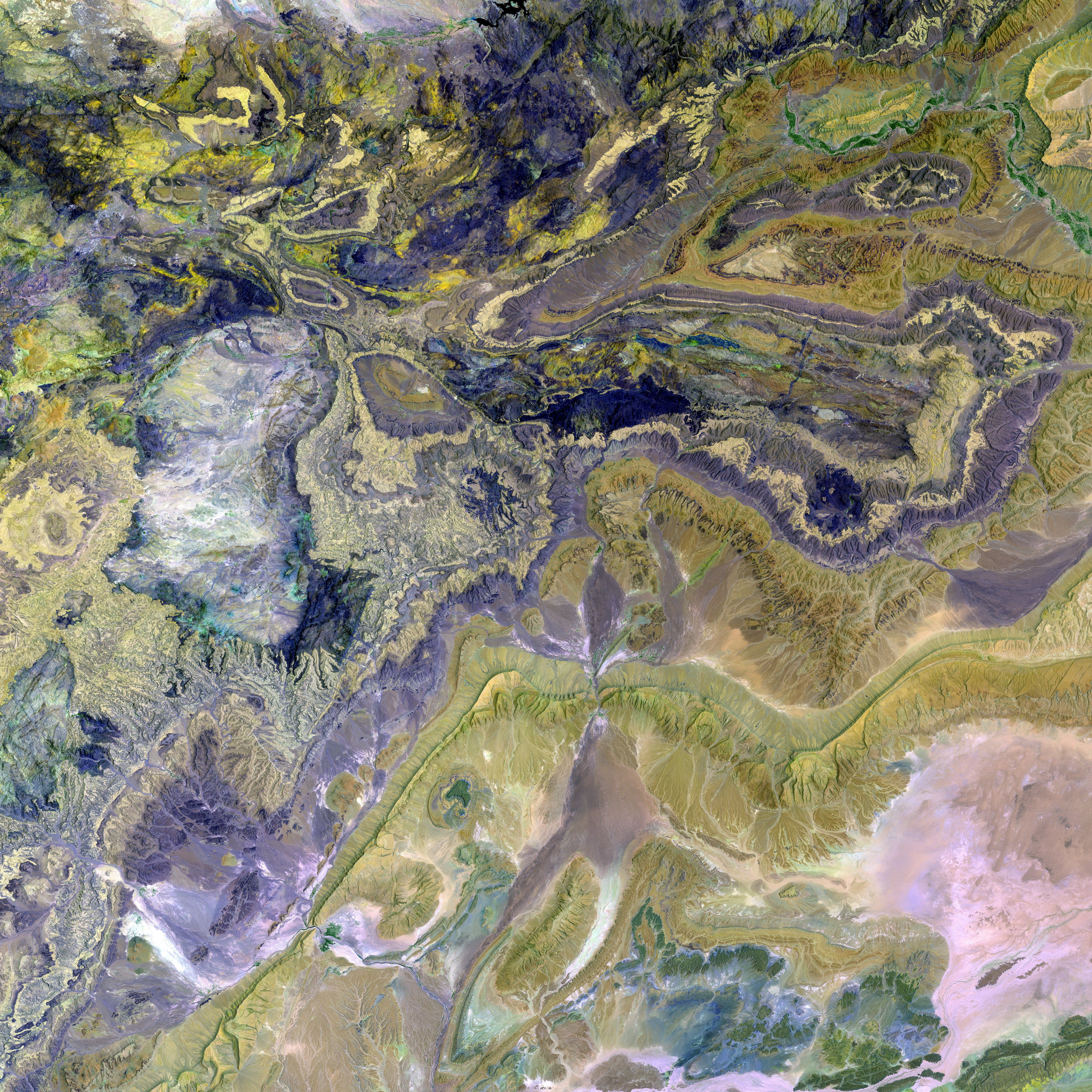Online Gambling Bill Rejected Again in Maine's Tribal Legislature
In a surprising turn of events, an attempt to expand tribal gambling in Maine has met with little success. Instead of gaining widespread support, a proposal that would grant the Wabanaki tribes exclusive rights to online gambling activities faced setbacks in both the Senate and House, and ultimately fell through the cracks.
Initially, a similar bill proposal was shut down last week by the Senate and the House due to insufficient support. However, Assistant Senate Majority Leader Mattie Daughtry made a fresh push this week, requesting the proposal for another review. By a narrow margin, the bill successfully passed the Senate in a 19-13 vote. But alas, the proposal's success was short-lived. The same day, it was again shut down in a House vote.
The bill's failure has raised concerns among various parties about its potential impacts on existing gaming operators. While supporters argue that the tribal nations stand to benefit significantly from exclusive rights to iGaming due to the revenue it could generate, critics question the impact on current casino operators. The opponents fear that the tribes may reap as much as $100 million in revenue within a few years, which in turn could lead to declining businesses and possible job cuts for existing operators.
It's important to note that online gambling is still in its infancy, with only less than 10 states across the country offering the service so far, including New Jersey, Michigan, Pennsylvania, and Delaware. Although sports betting is legal in almost 40 US states, iGaming hasn't reached the same level of popularity or expansion yet.
As the marijuana industry showed us, legalizing a formerly illicit activity can bring economic stimuli and contribute to local economies in significant ways. However, the consequences for existing businesses can be disastrous if the regulations are not carefully planned and executed. Thus, it's crucial for lawmakers to consider the needs and concerns of all parties involved when contemplating changes to gambling legislation.
Historically, the Maine Indian Claims Settlement Act of 1980 has posed challenges to the Wabanaki Nations' efforts in gaining full gaming rights. The settlement act has been a stumbling block in their pursuit, complicating an already tricky legislative process.
In summary, the proposed expansion of tribal gambling in Maine has hit a roadblock due to various reasons, including opposition, time constraints, and historical legal context. The failure of these bills maintains the current regulatory landscape, where existing operators continue to operate without the threat of new, exclusively tribal online casino operations. However, ongoing discussions and potential future legislation could still change this status quo. Stay tuned for more updates on this intriguing topic.
- Despite the setbacks, Assistant Senate Majority Leader Mattie Daughtry has reintroduced a proposal for exclusive tribal rights to online sports betting and casino-games in Maine.
- The ongoing debate surrounding the proposal has highlighted the potential impacts on existing casino-and-gambling operators, with supporters arguing that the Wabanaki tribes could generate significant revenue from iGaming, while critics fear declining businesses and job losses.
- Online gambling is currently still in its developmental stages, with only a few states, such as New Jersey, Michigan, Pennsylvania, and Delaware, offering the service so far.
- The failure of the tribal gambling expansion proposal in Maine changes little in the existing regulatory landscape, although ongoing discussions and potential future legislation could further influence policy-and-legislation in this sector.
- The Wabanaki Nations' pursuit of full gaming rights has been hampered historically by the Maine Indian Claims Settlement Act of 1980, adding complexity to the legislative process and contributing to the current stalemate on the issue of casino-personalities, gambling-trends, and the impacts on general-news.






